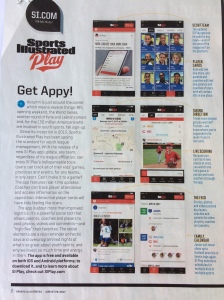The gray area came about with consumables. Who was responsible for providing trash bags, dishwasher soap, laundry detergent, napkins, shampoo, paper towels, tissues or even propane for the grill? We found ourselves making daily trips to the local grocery store because we needed something that was always on hand in our own home environment.
Renting a house highlighted the number of disposables or consumables that a family uses in a given week, but it also made me more aware of the items that are staples for routine functioning. Think about what is on your “list of essentials” for your home or office. Do you have a checklist or way to monitor inventory so that you are not making multiple trips to the store? Can you automate the ordering of certain items to make it even easier? Can you get more clarity on things you feel are optional that another in your home or organization would classify as essential?
A lot of time is wasted when the basic resources are unavailable. Don’t be running out to get what you ran out of.

our temporary home!







